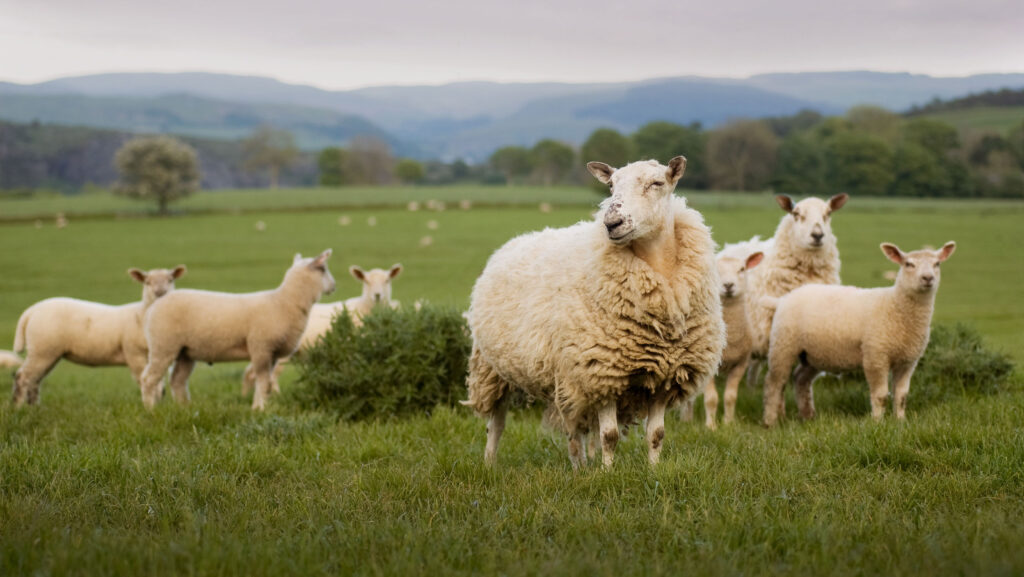Welsh bluetongue border policy sparks industry concerns
 © Adobe Stock
© Adobe Stock The Welsh government’s decision to enforce a hard border with England from 1 July to prevent bluetongue virus (BTV) from spreading has drawn criticism from the farming community.
Under the new policy, all live animal movements into Wales will require a negative pre-movement test.
To further help minimise the risk of BTV, the Welsh government encourages farmers to vaccinate their animals as it monitors the effects of bluetongue in livestock-heavy areas of England.
See also: Farming industry calls for all-Wales bluetongue zone
Deputy first minister Huw Irranca-Davies stressed the need for caution, saying: “I am unwilling to risk the uncertain impact of the disease in livestock-dense areas such as the Welsh borders.”
He added that the policy aims to protect Welsh agriculture from the potential spread of BTV.
However, the Farmers’ Union of Wales (FUW) expressed disappointment, arguing the policy disrupts cross-border trade and imposes additional costs on farmers.
FUW president Ian Rickman said: “The sheer number of cross-border holdings and trading activity will be vastly disrupted with this policy decision.”
The National Sheep Association (NSA) also raised concerns, highlighting the financial burden of pre-movement tests, which can cost £60-£70 an animal.
NSA chief executive Phil Stocker warned: “This will damage traditional sheep movements and livestock markets on the Welsh side of the border.”
With about 520 cross border farms, and animals regularly crossing the border from England back into Wales from livestock markets, pre-movement tests will be prohibitive for many commercial flocks.
Farmers Weekly understands the Welsh government hasn’t undertaken an economic impact assessment of its decision to impose a hard border, and that the industry is responsible for licensing requirements, livestock testing costs and dealing with other commercial pressures.
Vaccination
The Welsh government has licensed three BTV-3 vaccines for voluntary use, available through veterinary prescription, and urges farmers to consider vaccination for their livestock.
An NFU Cymru spokesperson said: “We support a campaign to promote vaccine use and facilitate the maximum number of doses being available on Welsh farms as quickly as possible.
“We would urge all farmers to speak to their vets to discuss a vaccination plan for their farm.”
The policy is set to be reviewed in the autumn, with discussions between the Welsh government and industry stakeholders ongoing to assess its impact and effectiveness.
